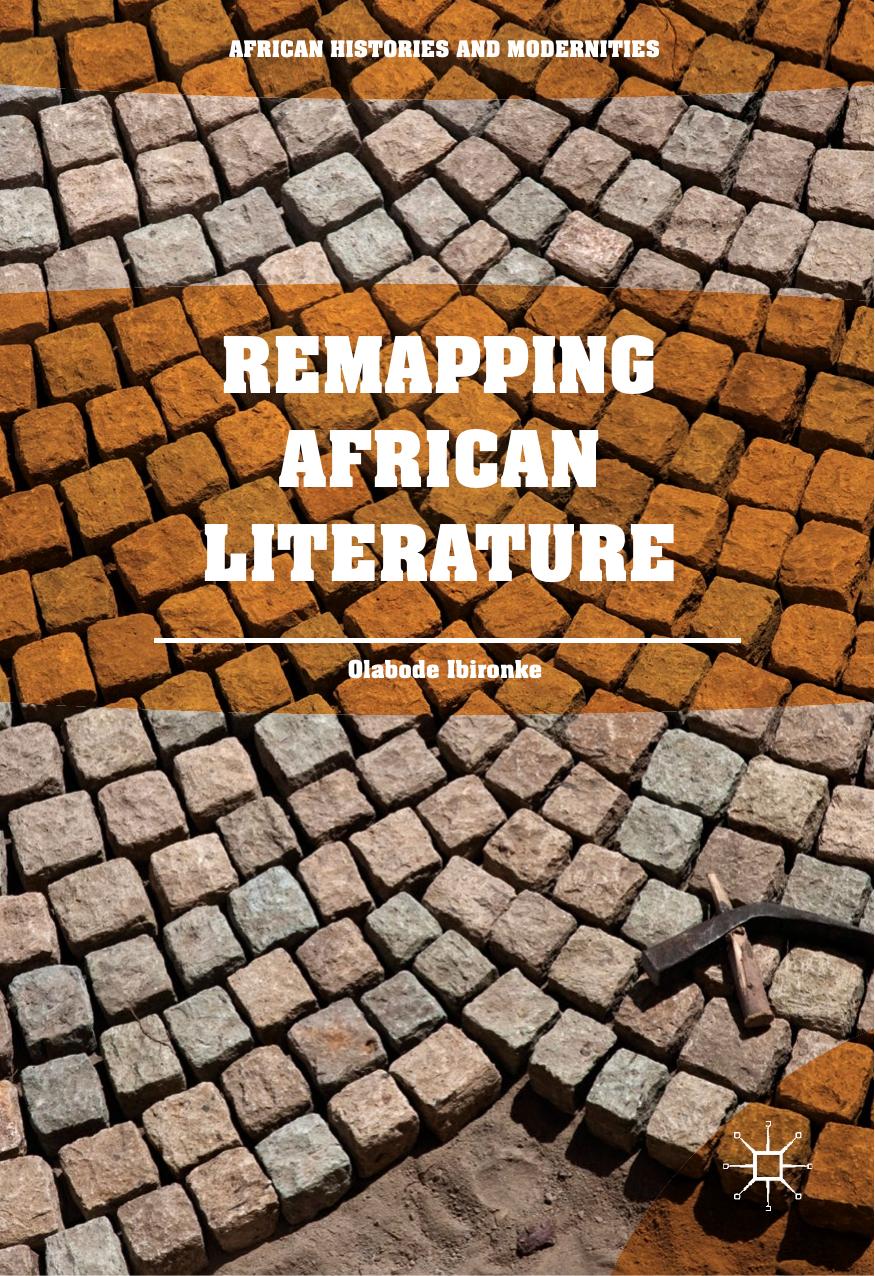Remapping African Literature by Olabode Ibironke

Author:Olabode Ibironke
Language: eng
Format: epub, pdf
Publisher: Springer International Publishing, Cham
Author as Method:186 Functional Transformation in African Literary Production
Is the author function still a relevant concept in literary and cultural production? This is the larger import of the inquiry that seeks to understand the pedagogical role of Chinua Achebe in the production and development of African literature, especially in his advisory capacity, both as adviser of the public concerning reading and taste, and publishers. In her tour de force treatise Against World Literature,187 Emily Apter puts forward a concise case for the elimination of the author function in our heuristic and hermeneutic considerations. While this position against the author function may have acquired a certain gravitas, which may have indeed served to foreclose, for the time being, certain inquiries into the nature of the role of writers in cultivating public sensibilities and tastes: in the creation of culture, it is pertinent for us to reexamine the notion of author function within the relations of production, especially against the profile of pioneering writers who also double as editors, publishers, or their advisers, and thus acquire outsized capacity to shape the direction of the culture, and even set the very terms of our engagement and debates.
The period during which Achebe was adviser to the AWS coincided with the time editorial judgment was modeled by what Alan Hill described as “the highly personalized HEB management style.”188 The term “highly personalized” rings loudly of personality not only in the sense of pedigree but also signals, as Hill would later elaborate in the epilogue of his memoir, the freedom and power of the editor’s individual judgment. For Hill surmises, “Publishing is a supremely entrepreneurial occupation: personal initiative is everything and motivation is the most precious quality.”189 Hill was lamenting what at his time was the beginning of the corporatization of publishing, the same reasons for which James Currey left Heinemann in 1984. This was the era when the division of labor within the publishing operation was not, perhaps, as pronounced as we have it today. Authors of fiction and their editors were thought to have the capacity to shape public culture, and they often took initiatives in the selection of what subject matter and style of writing to promote. It is not only that the public, influenced by specific publications, comes under the tutelage of the author, some authors hold sway over the criteria and standards that determine what is produced. Some of this is done internally through editorial advice, but as Achebe’s essay demonstrates, authors are not always averse to joining public and critical discourses on the nature of the craft, or to intervening in debates on the production of culture, or as in the case of Armah, entering into antagonistic relations with producers of culture.
At present, eliminating the notion of author function is a priori to literary criticism. The strength of the elimination argument derives from being the direct culmination of the reified ideations of poststructuralism and postmodernism as the entrenched theoretical models of the last half century.190 The notions of the unified
Download
Remapping African Literature by Olabode Ibironke.pdf
This site does not store any files on its server. We only index and link to content provided by other sites. Please contact the content providers to delete copyright contents if any and email us, we'll remove relevant links or contents immediately.
Red by Erica Spindler(12575)
Crooked Kingdom: Book 2 (Six of Crows) by Bardugo Leigh(12319)
Twisted Palace by Erin Watt(11155)
Mindhunter: Inside the FBI's Elite Serial Crime Unit by John E. Douglas & Mark Olshaker(9343)
Fangirl by Rainbow Rowell(9251)
Never let me go by Kazuo Ishiguro(8900)
All the Light We Cannot See: A Novel by Anthony Doerr(8497)
A Man Called Ove: A Novel by Fredrik Backman(8437)
The Lover by Duras Marguerite(7903)
Confessions of an Ugly Stepsister by Gregory Maguire(7887)
Little Fires Everywhere by Celeste Ng(7201)
The Vegetarian by Han Kang(6303)
To All the Boys I've Loved Before by Jenny Han(5851)
The Shadow Of The Wind by Carlos Ruiz Zafón(5693)
On the Yard (New York Review Books Classics) by Braly Malcolm(5525)
Keepsake: True North #2 by Sarina Bowen(5414)
Dancing After Hours by Andre Dubus(5280)
Ken Follett - World without end by Ken Follett(4734)
The Perks of Being a Wallflower by Stephen Chbosky(4649)
